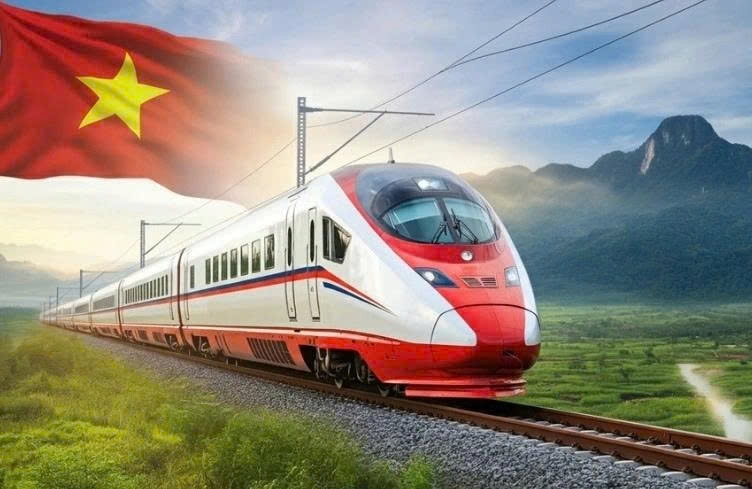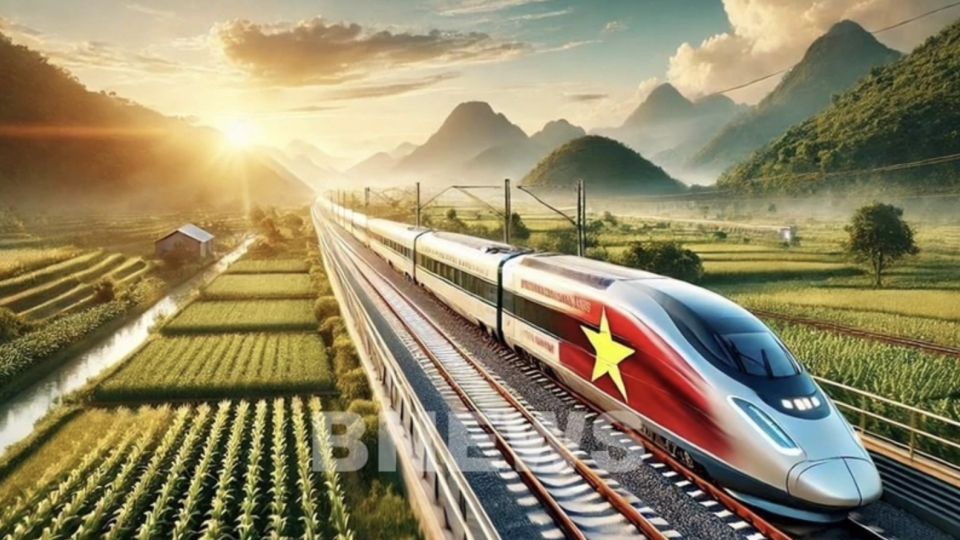Private sector may join North–South high-speed railway project
VOV.VN - The Government has submitted a proposal to the National Assembly, recommending the inclusion of private investment in the ambitious North–South high-speed railway project, a move aimed at broadening business participation in one of the country’s most significant infrastructure undertakings.

The proposal, which was tabled for discussions at the ongoing ninth session of the National Assembly in Hanoi on June 25, outlines the possibility of introducing Public-Private Partnerships (PPP) and direct private investment, in addition to the public investment model previously approved.
The selection of investment models and investors will be carried out in accordance with current legal frameworks. For matters requiring policies beyond the Government’s authority, the proposal will be submitted to the National Assembly for further consideration.
The project had initially been approved under a public investment framework by the Politburo and formally ratified by the National Assembly in Resolution 172 dated November 30, 2024. At the time, no private sector entities had expressed interest in financing or developing the project.
However, following the Politburo’s issuance of Resolution 68 in May 2025, which focuses on private sector development, interest from private enterprises has grown significantly.
Among the early movers, VinSpeed High-Speed Rail Investment and Development JSC proposed a direct private investment model, bypassing PPP structures or public funding. The firm pledged to contribute 20% of the estimated investment cost (approximately US$12.27 billion) and requested that the Government provide the remaining 80% (around US$49 billion) through an interest-free loan over 35 years.
VinSpeed aims to break ground on the project by December 2025, with full commercial operations slated for completion before December 2030. The firm is currently negotiating technology transfer deals with major railway players from China, Germany, and Japan, with the goal of producing locomotives, carriages, and signalling systems domestically.
Shortly after, Truong Hai Group Joint Stock Company (Thaco) also submitted a proposal, estimating the total project cost at approximately US$61.35 billion, excluding land clearance and resettlement expenses. Thaco committed to funding 20% of the total capital (nearly US$12.3 billion) and plans to secure the remainder through loans from both domestic and international financial institutions.
Thaco's plan involves executing the project in two phases over a seven-year period, applying electrified rail-on-track technology that meets international standards. The firm also intends to partner with local enterprises for technology transfer from global industry leaders, particularly those in Germany, France, Japan, and the Republic of Korea.





